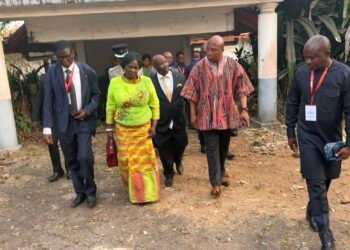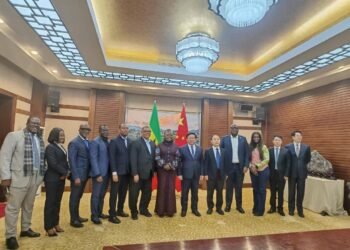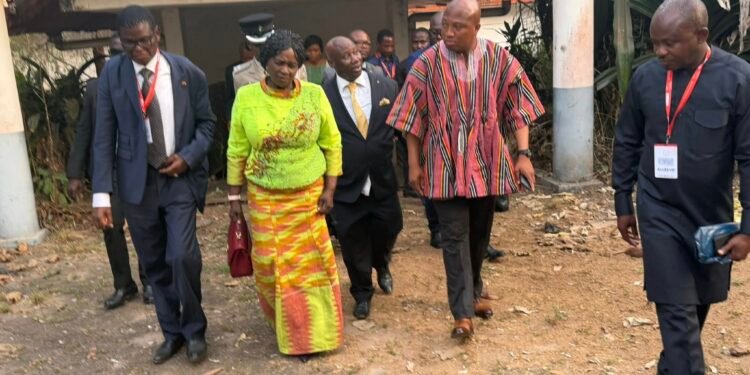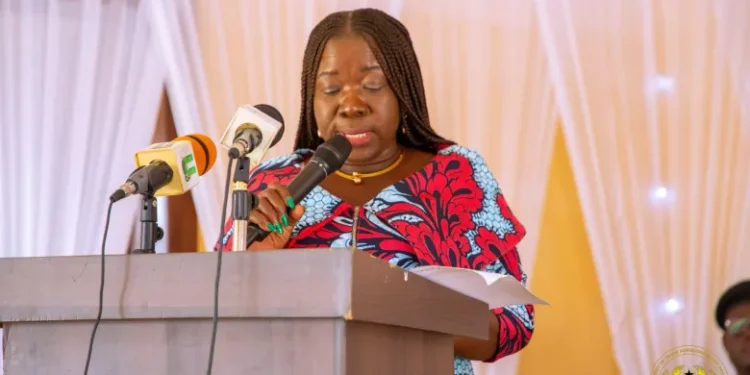IMANI Africa has revealed how the Millennium Development Authority (MiDA) and the International Finance Corporation (IFC) are charting a new direction for Ghana’s agriculture sector, replacing rushed execution with grounded planning and feasibility.
With nearly 50,000 acres in Kasunya, Oti, and Afram Plains now earmarked for development, the partnership is prioritizing infrastructure, investor confidence, and data-backed strategy before the first seed is planted.
“The new partnership between MiDA and the International Finance Corporation (IFC) is setting a new tone for agriculture: research before rollout, infrastructure before leasing, and investment viability before political headlines”
IMANI Africa
This collaboration marks a shift from past agricultural interventions, many of which began with subsidies and political fanfare before feasibility studies or infrastructure considerations.
This time, the approach is reversed: the sites will receive irrigation, electricity, road access, and housing before land is leased to private agribusinesses. MiDA’s role is to manage foundational risk by ensuring that critical infrastructure is completed, while IFC brings global investment networks and technical expertise to the table.

“MiDA takes on foundational risks – roads, water, power – while IFC helps crowd in FDI,” IMANI Africa stated in its analysis. “That’s how successful agro-industrial zones work globally.”
Feasibility and Research
At the heart of this initiative is a commitment to research before rollout. The plan demands robust feasibility assessments, not guesswork, to determine what crops can thrive, how markets can be accessed, and where infrastructure should be placed.
“This is how successful agro-industrial zones are built, through deliberate planning, not patchwork politics”
IMANI Africa
Ghana’s agriculture landscape has long been dominated by “ambitious state-driven programmes,” like fertilizer distribution and planting for food initiatives. However, many of these efforts lacked the data and structural support necessary to succeed at scale.
Without feasibility, infrastructure becomes waste. Without targeting, subsidies become leakage. The MiDA-IFC approach avoids these traps by ensuring that every step is driven by facts on the ground.
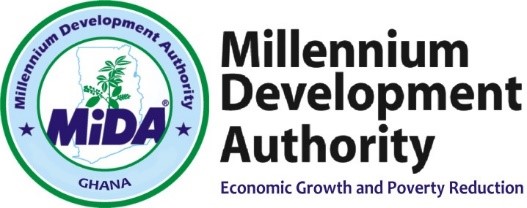
IFC’s involvement is especially critical. Its reputation for technical rigour and investor linkage gives the project a level of credibility that many earlier government-led agricultural programmes lacked. This not only attracts commercial investors but also reassures them that the groundwork has been laid with care and precision.
“Data, not just politics or ambition, will drive investment decisions,” IMANI stated, underscoring the departure from past practices that were often politically driven and technically weak.
Once the infrastructural base is ready, the land will be leased to private entities for commercial farming. However, the process will be controlled, intentional, and guided by the needs of anchor farmers, not political considerations or rushed delivery schedules.
Structural Transformation
The Mahama-led government has been vocal about its goal of achieving food self-sufficiency, reducing imports, and promoting agribusiness.
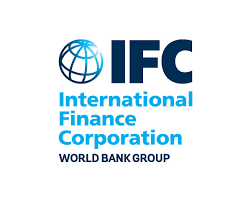
The MiDA-IFC initiative fits into this broader strategy by laying the foundation for a scalable, commercially viable agricultural sector.
Alexander Mould, CEO of MiDA, emphasized the importance of laying the groundwork before inviting private developers.
“The MiDA-IFC collaboration stands out for its strategic clarity and methodical preparation. If Ghana wants agriculture to drive structural transformation, this is the kind of foundation it needs”
IMANI Africa
This initiative offers a model for other sectors: one that avoids headlines in favour of groundwork, skips political expediency in favour of viability, and puts research ahead of rollout.
The IMANI Africa analysis concluded that this project is “data-driven, commercially sound, and built for scale.” With Ghana’s agriculture sector at a crossroads, the MiDA–IFC collaboration could be the blueprint for how to finally get agribusiness right.
READ MORE: Atlantic Lithium Welcomes Progress on Ewoyaa Mining Lease




